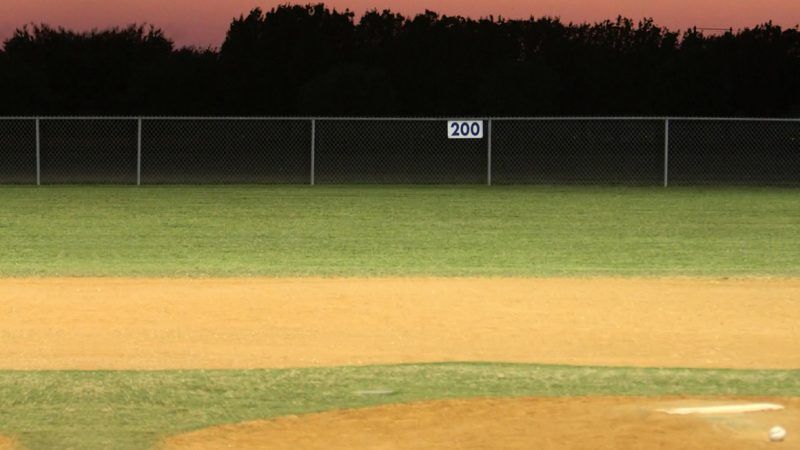$100 Million for a Minor League Ballpark?!

To clear space for a new minor league baseball stadium, the city of Worcester, Massachusetts, is using eminent domain to condemn and seize two successful businesses. City officials then plan to put Worcester's remaining taxpayers on the hook for more than $100 million to build the ballpark and do some adjacent redevelopment. It's hard to say which part of the plan is worse: stealing private land or wasting public dollars.
Worcester initially tried to buy out the owners of an auto glass repair shop and a cannabidiol retailer, but the businesses turned down offers of $310,000 and $265,000 respectively, according to court documents. When the property holders refused, Worcester officials resorted to eminent domain to get their way.
The city council approved the takings in April—booting out the businesses despite their owners' objections—and a groundbreaking for the city-owned stadium project went ahead in July. But the eminent domain effort could take months to finalize in court—and that could force the city to delay the opening of the new stadium, planned for spring 2021.
The ballpark will be the new home for the Boston Red Sox's top minor league affiliate. The team is relocating from Pawtucket, Rhode Island, where it has played since 1970, after spurning an offer from Rhode Island officials to use a measly $38 million in public funds to upgrade the 76-year-old stadium where the team currently plays. Instead, the "Woo Sox," as local media have taken to calling them, will get a shiny new ballpark, and Worcester taxpayers will get a pile of debt.
The $70 million public cost for the stadium makes the new Worcester ballpark one of the five most expensive minor league projects in American history, according to Victor Matheson, a sports economist at the College of the Holy Cross, which is also in Worcester. And that price tag doesn't include another $30 million in public spending on stadium-adjacent projects, including a city-owned hotel, or the additional $34 million the team will pay toward the stadium's cost.
When the Worcester Business Journal surveyed 10 experts about the viability of the city's plan, nine of them expressed skepticism that the ballpark would pay for itself. The only dissenter was a Smith College economist hired by the city to make the case for the project.
The stadium might spruce up the downtown, Matheson says, but the math doesn't add up. "Is this going to make the city of Worcester richer? There's no reason to think that it will."


Show Comments (18)